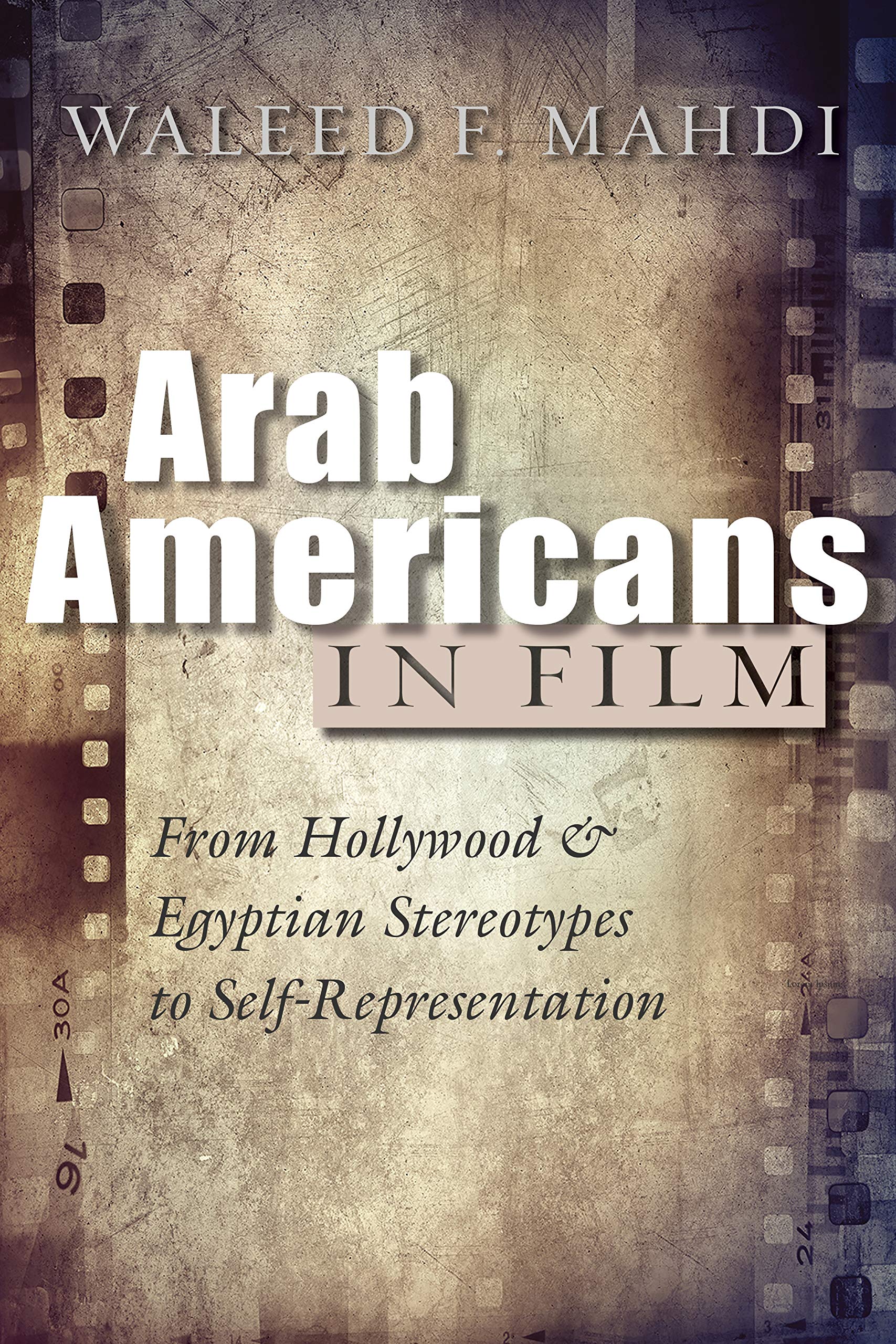WALEED F. MAHDI, Arab Americans in Film: From Hollywood and Egyptian Stereotypes to Self-Representation (Syracuse, NY: Syracuse University Press, 2020)
DOI:
https://doi.org/10.24847/v8i22021.323References
Al-Atraqchi, Firas. “Halloween Producer’s Epic Plan.” Al-Jazeera, 2 September 2007. https://www.aljazeera.com/features/2007/9/2/halloween-producersepic-plan.
Alsultany, Evelyn. Arabs and Muslims in the Media: Race and Representation after 9/11. New York: New York University Press, 2012.
Fadda, Carol. Contemporary Arab-American Literature: Transnational Reconfigurations of Citizenship and Belonging. New
York: New York University Press, 2014.
Mamdani, Mahmood. Good Muslim, Bad Muslim: America: The Cold War and the Roots of Terror. New York: Pantheon, 2004.
Shaheen, Jack G. Guilty: Hollywood’s Verdict on Arabs after 9/11. Northampton, MA: Olive Branch Press, 2008.
Shaheen, Jack G. Reel Bad Arabs: How Hollywood Vilifies a People. Northampton, MA: Olive Branch Press, 2001.
Shohat, Ella. “Gender and Culture of Empire: Toward a Feminist Ethnography of the Cinema.” In Visions of the East: Orientalism in Film, edited by Matthew Bernstein and Gaylyn Studlar, 19–66. New Brunswick: Rutgers University Press, 1997.
Shohat, Ella and Robert Stam. Unthinking Eurocentrism: Multiculturalism and the Media. New York: Routledge, 1994.

Published
Issue
Section
License
Copyright (c) 2021 Amira Jarmakani

This work is licensed under a Creative Commons Attribution-NonCommercial-NoDerivatives 4.0 International License.
Authors who publish with this journal agree to the following terms:
- Authors retain copyright and grant the journal right of first publication with the work simultaneously licensed under a Creative Commons Attribution-NonCommercial-NoDerivatives 4.0 International License, which allows others to share the work with an acknowledgement of the work's authorship and initial publication in this journal.
- Authors are able to enter into separate, additional contractual arrangements for the non-exclusive distribution of the journal's published version of the work (e.g., post it to an institutional repository or publish it in a book), with an acknowledgement of its initial publication in this journal.
- Authors are permitted and encouraged to post their work online (e.g., in institutional repositories or on their website) prior to and during the submission process, as it can lead to productive exchanges, as well as earlier and greater citation of published work (See The Effect of Open Access).
The content of this journal is licensed under a Creative Commons Attribution-NonCommercial-NoDerivatives 4.0 International License.

